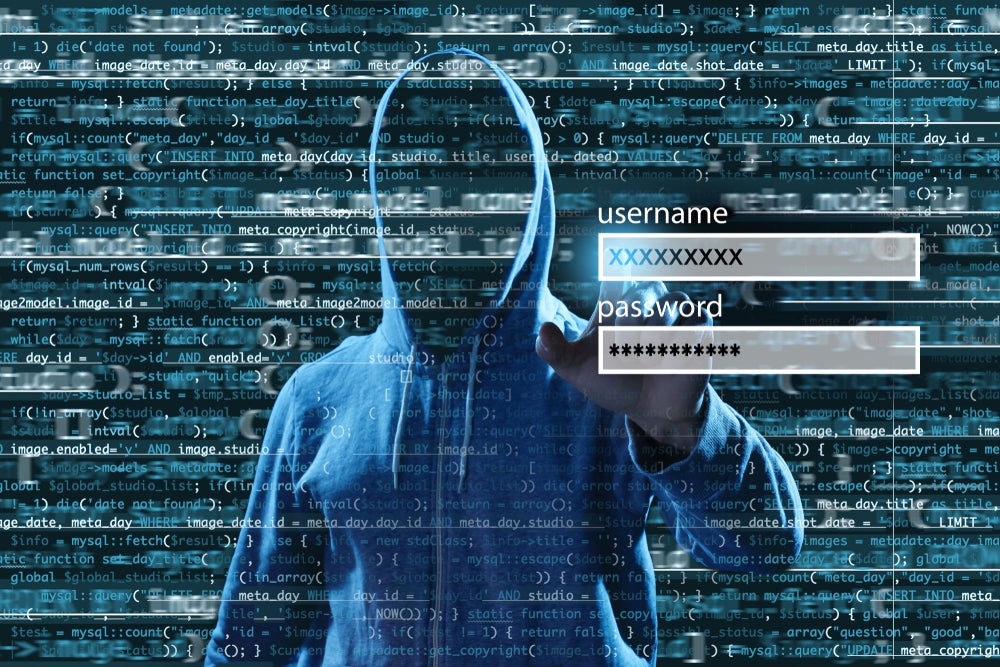Fraud is unacceptable at any time, but fraudsters use crises even more as opportune moments for exploitation; the current COVID-19 pandemic is no exception. Julian Davies, COO, Jersey and UK at Standard Chartered Private Bank, writes
Around the world, millions of people have been locked down in their homes, with online banking and shopping seeing a significant rise.
The situation has created a fertile ground for fraudsters, with the banking industry reporting a sharp increase in COVID-19 scams.
Action Fraud, the UK’s national reporting centre for fraud and cybercrime, revealed in March that more than £970,000 ($1.22m) has been lost by victims since 1 February 2020 to COVID-19-related cyberfraud alone. The first coronavirus-related fraud was reported in February, and during March such reports increased by 400%.
In May, Interpol launched a global campaign to raise awareness of cybercrime because police and the cybersecurity industry have seen a considerable increase in the number of targeted cyberattacks by criminals since the virus outbreak began. These range from malicious web domains using the word ‘COVID’ to phishing emails promising the sale of key supplies, as well as ransomware attacks against critical infrastructure and hospitals.
Cybercriminals are diversifying means of attack to initiate attacks exploiting the COVID-19 outbreak. These threats are causing serious harm to organisations and people, exacerbating an already terrible situation in the physical world. Now is the hour when we all must rally together to stop fraudsters.
How well do you really know your competitors?
Access the most comprehensive Company Profiles on the market, powered by GlobalData. Save hours of research. Gain competitive edge.

Thank you!
Your download email will arrive shortly
Not ready to buy yet? Download a free sample
We are confident about the unique quality of our Company Profiles. However, we want you to make the most beneficial decision for your business, so we offer a free sample that you can download by submitting the below form
By GlobalDataHow to identify fraud
Financial institutions are on the front line when it comes to preventing fraudsters manipulating the pandemic. They have a role to play in committing to tackling fraud, including supporting and raising awareness of fraud to clients and customers, or rolling out technology and robust IT systems to prevent fraudulent activity.
Fraudsters will always look to take advantage of a challenging or disrupted working environment, hoping to catch both businesses and clients off their guard. It is easy for wealthy, well-educated people to suppose they would never fall victim to a scam. However, younger and richer households are more likely to be victims of fraud, new figures reveal, as cases rise by almost a fifth. Those with annual incomes greater than £50,000 are also more likely, according to the Office for National Statistics.
It is important to remain as vigilant as ever during this time, and if you have any doubt about the legitimacy of an instruction from your wealth manager or bank, then do not proceed.
Protecting against fraud
Here are five top tips for all, including the wealthy, to help keep themselves protected in the fight against fraud:
- As lockdown begins to ease, you may find yourself using an open or public wireless network when travelling. As you cannot be certain that a Wi-Fi network is secure, you should not use it to access your online accounts. Hackers know luxury hotels and airport lounges are places where wealthy business people will use their phones and computers. Remember to never log into online banking accounts from a public or shared computer.
- Be aware of social engineering threats. Fraudsters may contact you via phone (vishing), email (phishing) or SMS (smishing) with the aim of coercing you into providing personal information that could be used to access your accounts. Remember that no financial institutions will ask you to divulge password or PIN information over the phone, and you should never share this information with another individual under any circumstances.
- Ensure your mobile phone is fully secured and kept updated. Mobile phones now contain a vast amount of your personal information that you need to safeguard. Your mobile phone will also be used by many institutions for the delivery of one-time passwords to provide multifactor authentication. Be aware that any unexplained loss of mobile phone service could mean you have been a victim of a SIM-swap attack, which would allow a fraudster to intercept your messages and calls.
- Think carefully about any information you and your family members share on social media websites. By openly sharing your date of birth, email address, location and photographs, you could be putting yourself at risk of identity theft or account takeover.
- Wealthy clients in particular can often have a broad network of people managing their wealth. It is important to always verify who you are communicating with, and to carefully check the details of instruction confirmations provided by your wealth manager.
When it comes to fraud, collaboration is key to success. Increasing awareness and collaboration can help mitigate fraud risks caused by COVID-19 for financial institutions. In a rapidly evolving situation like the COVID-19 pandemic, institutional awareness can only be ensured by pooling experience, which will in turn reinforce monitoring, intelligence and collaboration against fraud. By being vigilant and working together, we can overcome financial crime.







